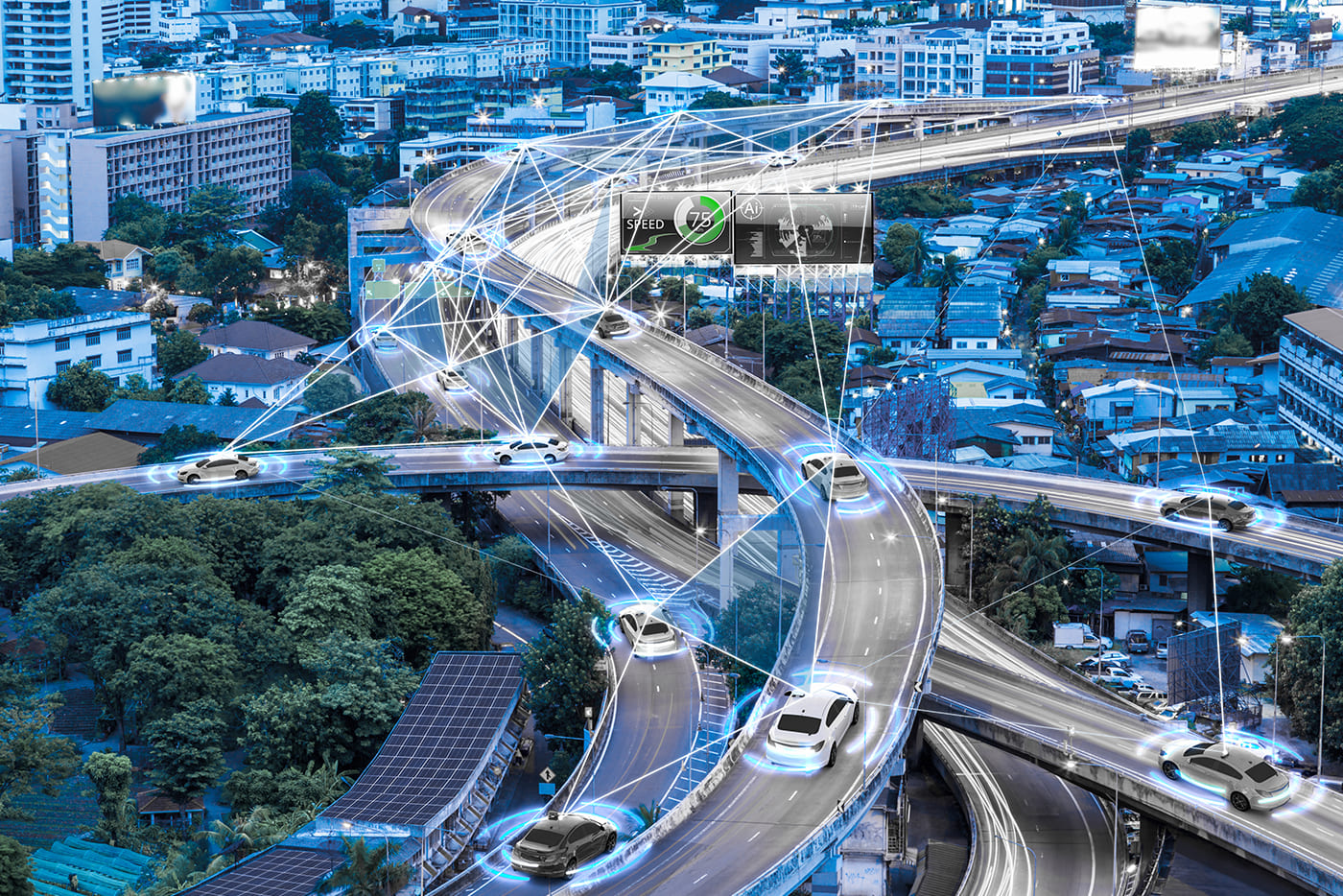Transportation has been an integral part of human civilization since the dawn of time. From walking to riding horses, to the invention of the wheel, transportation has evolved over the centuries. Today, we are on the brink of a transportation revolution that will change the way we move around the world. In this blog post, we will explore the future of transportation and how it will impact our lives.
The Rise of Electric Vehicles:
One of the most significant changes in transportation is the rise of electric vehicles (EVs). With the increasing concern over climate change and the need to reduce carbon emissions, EVs have become a popular alternative to traditional gasoline-powered vehicles. The demand for EVs is expected to increase in the coming years, with many countries setting targets to phase out gasoline-powered vehicles. This shift towards EVs will not only reduce carbon emissions but also lead to a significant reduction in air pollution.
Autonomous Vehicles:
Another significant change in transportation is the development of autonomous vehicles (AVs). AVs are vehicles that can operate without human intervention. They use sensors, cameras, and other technologies to navigate roads and avoid obstacles. AVs have the potential to reduce accidents caused by human error and increase efficiency on the roads. They can also provide mobility to people who are unable to drive, such as the elderly and disabled.
Hyperloop:
Hyperloop is a new mode of transportation that uses a vacuum-sealed tube to transport passengers and cargo at high speeds. The concept was first proposed by Elon Musk in 2013, and since then, several companies have been working on developing the technology. Hyperloop has the potential to revolutionize transportation by reducing travel time and increasing efficiency. It could also reduce the need for air travel, which is a significant contributor to carbon emissions.
Urban Air Mobility:
Urban air mobility (UAM) is another emerging mode of transportation that involves the use of electric vertical takeoff and landing (eVTOL) aircraft to transport passengers and cargo in urban areas. UAM has the potential to reduce traffic congestion and provide faster transportation in urban areas. Several companies, including Uber and Airbus, are working on developing eVTOL aircraft for UAM.
Conclusion:
The future of transportation is exciting and full of possibilities. From electric vehicles to autonomous vehicles, hyperloop, and urban air mobility, we are on the brink of a transportation revolution. These changes will not only improve our lives but also have a significant impact on the environment. As we move towards a more sustainable future, transportation will play a crucial role in shaping our world.


